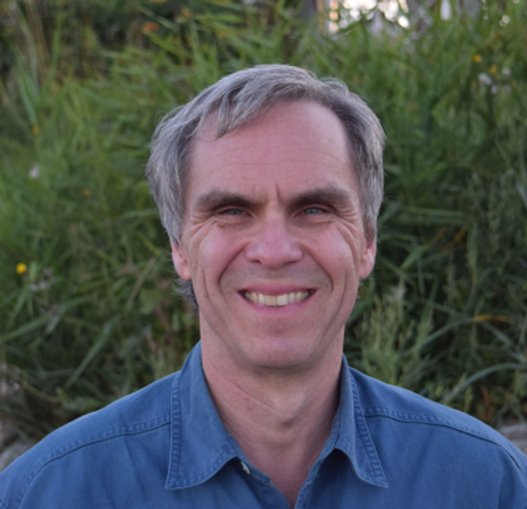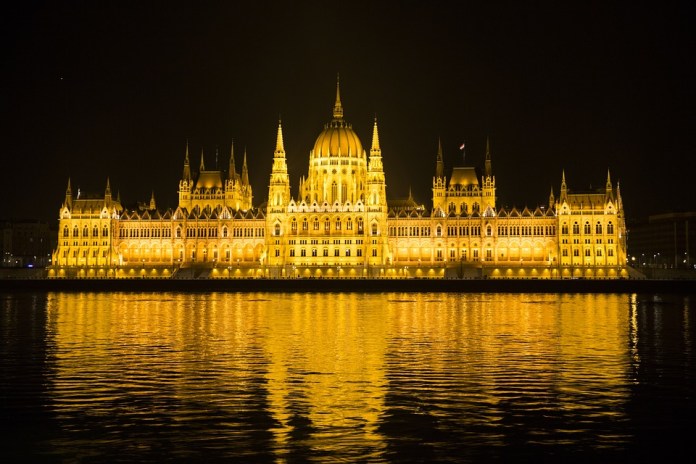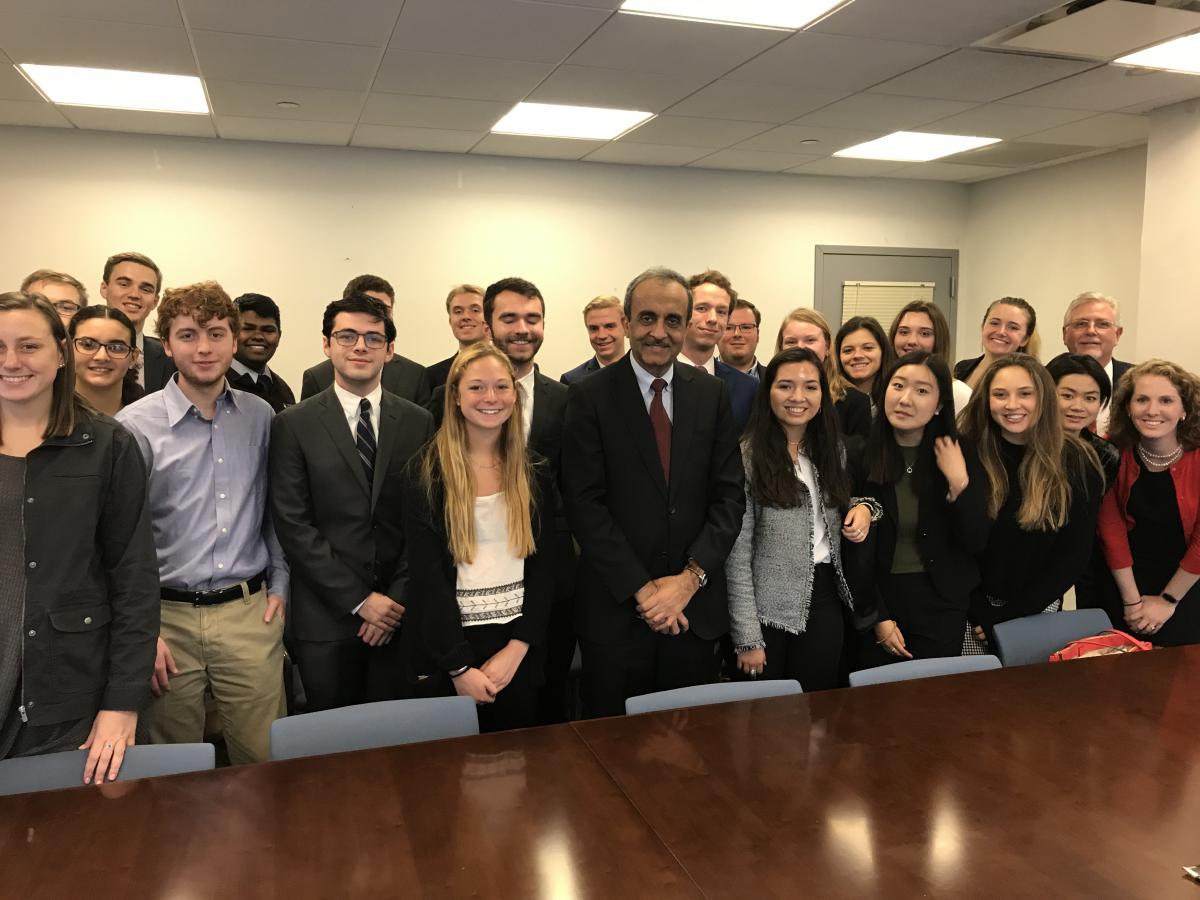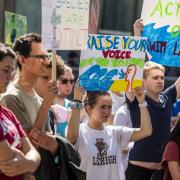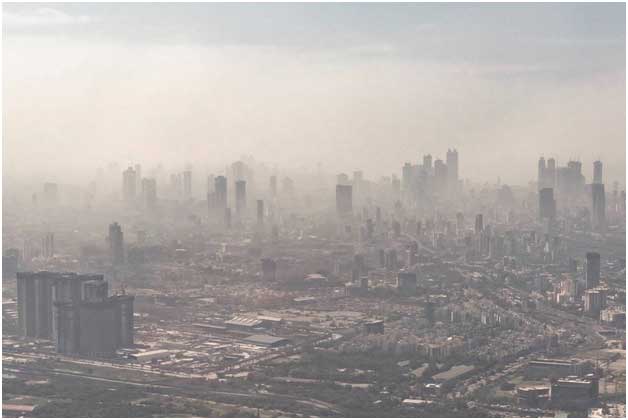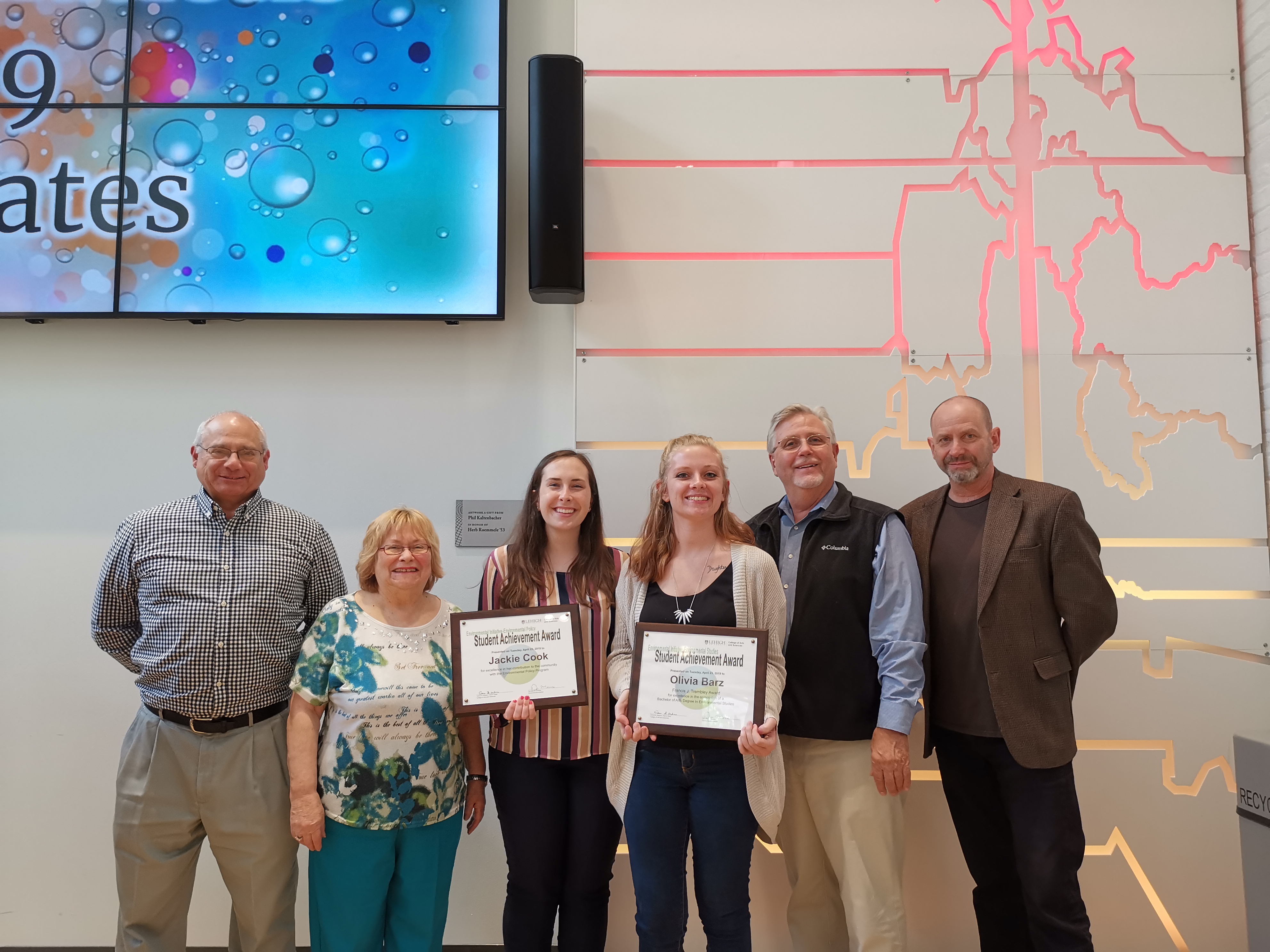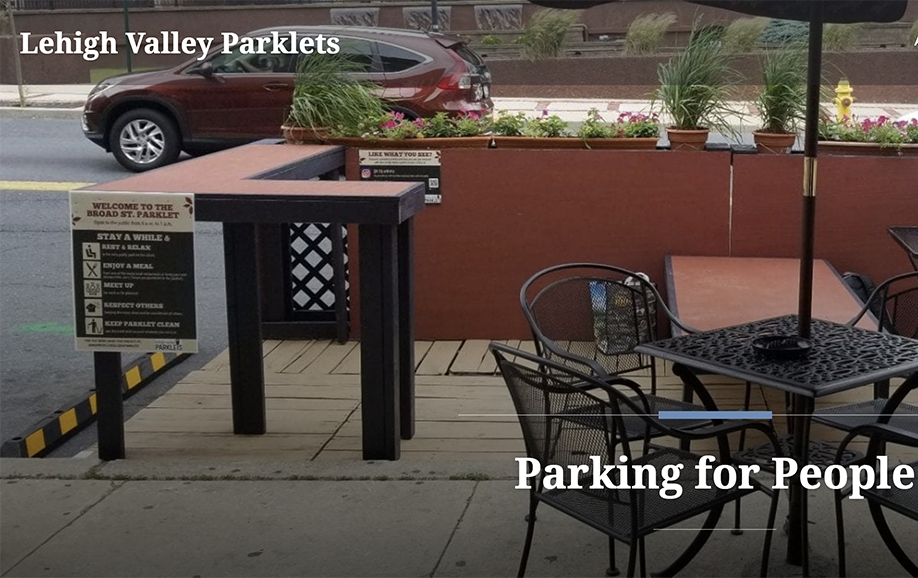
Why Environmental Policy?
Right now is a pivotal time to be grappling with environmental issues and studying the policies and tools necessary to create the communities and world we want to see as the 21st century continues to unfold.
Climate Change:
In the face of climate change, how should we be thinking about alternative energy sources or preparing for rising seas and temperatures?
Urbanization:
As more and more of the world’s population moves from rural to urban areas, how should we be thinking about issues like food production, water and sewer systems, or the interaction between the built environmental and the natural world?
Environmental Health:
What do the places we live in mean for our physical and mental well-being or our access to opportunity, and what role do policymakers have in managing or shaping this relationship?
Planning:
And what should this look like – and how can it be sustainable – in the booming mega-cities of the developing world or in America’s own growing regions or declining Rust Belt cities?
What Environmental Policy at Lehigh Offers
Legal and Political Structures/Social Patterns:
Acting on these questions, requires knowing how the legal and political structures currently – or might potentially – oversee, regulate, manage, subsidize, or otherwise affect these realities. Social practices, moral authority and economic dynamics, too, need to be unpacked and analyzed.
Interdisciplinary:
Environmental Policy students at Lehigh dive into these issues through interdisciplinary coursework and independent research, and explore them, too, through community outreach and internships.
Facilities and Location:
Not only do students have access to the University’s state-of-the-art facilities and various departments and centers on campus, they also benefit from the campus’ location on the South Side of Bethlehem. Lehigh’s location offers wealth of environmental assets (including the Lehigh and Delaware Rivers, the Appalachian Trail, and 150,000 acres of active farmland), environmental challenges (such as poor air quality, food deserts, low-opportunity neighborhoods, and the impacts of fracking), and public and private organizations addressing both.

